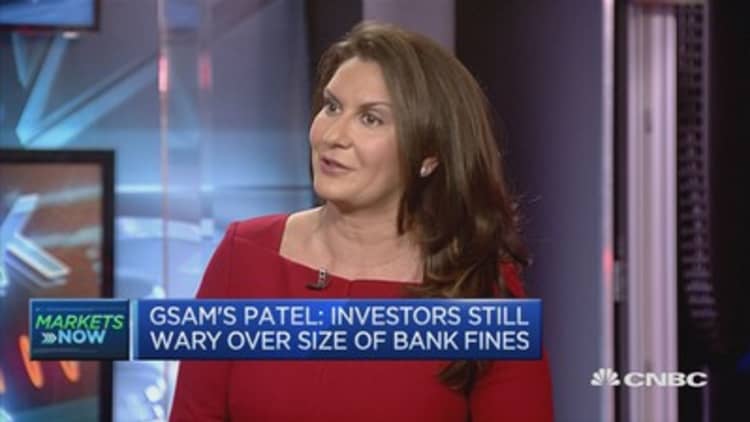U.S. President Donald Trump's plans to cut corporate income tax by more than half could be of little benefit to businesses in the long run, Capital Economics has said, in a major blow to investors.
The global economic research firm is forecasting that the S&P 500 will close the year lower than it started.
President Trump's success in last year's presidential campaign was in no small part due to his accommodative approach to business, which has subsequently spawned a U.S. stock market rally.
However, according to Capital Economics, his plans to curb taxes are unlikely to lead to increased shareholder earnings, indicating that markets may have been prematurely optimistic.
President Trump has touted cutting corporate income tax from its current 35 percent to just 15 percent in a bid to encourage domestic businesses. The House Republicans are aiming for 20 percent.
"Since corporate income tax reduces the value of corporations to shareholders, cutting it ought to raise earnings and stock prices, all else equal," Capital Markets' chief market economist, John Higgins, said in a note.
But, a reduction in the tax businesses can reclaim for borrowed funds and further repatriation tax on any earnings gained overseas, mean that businesses are unlikely to see the increased funds markets had initially anticipated, Capital Economics said in a research note released Friday.
U.S. stock markets have been trading upwards since Trump's election in November. The Dow Jones reached an all-time high in late January, closing above 20,000 – a significant psychological marker – after experiencing an ongoing Trump-induced rally since November.
The S&P 500 and the Nasdaq have also been on an upwards trajectory in recent months.
Last week, President Trump tweeted that the stock market was on a winning streak – even before his "phenomenal" tax plan had been enacted.
However, Capital Economics predicts that even if he succeeds in implementing a new tax code, much of the expected gains have already been priced in.
As such, it has forecast that the S&P 500 will end this year lower than it started – it is currently suggesting 2,300 – as "margins are squeezed by rising wages and a stronger dollar."
"There can be little doubt that a lot of good news has already been priced into the stock market since Trump was elected," Higgins said.
"After all, the S&P 500 has risen by more than 10 percent since November, 8, although there have been major variations by sector."

Speaking to CNBC Friday, Sheila Patel, chief executive of international at GSAM, agreed that the rally seen in U.S. equity markets since Trump's election could well have been premature.
"I think the math around the timing of all these big initiatives is actually the big question around what's going on in equity markets overall."
Patel noted concern from investors about how pressing challenges for the administration, such as the likely dismantling of the Affordable Care Act, could slow down the implementation of Trump's tax reform policies and other intended fiscal stimulus, leading to further muting of equity returns in the longer term.


